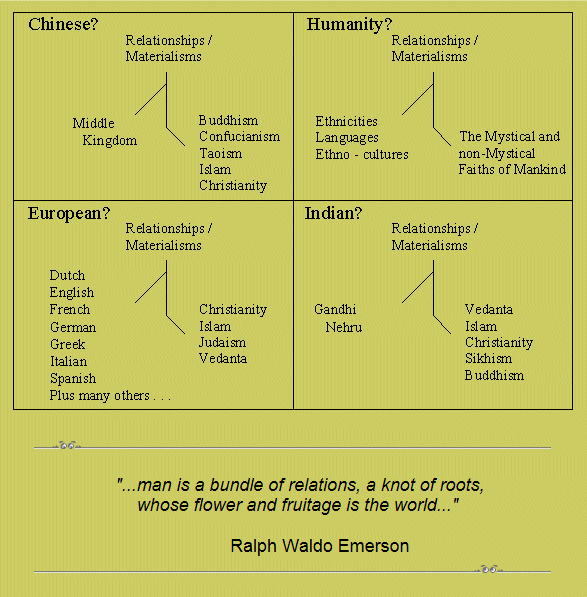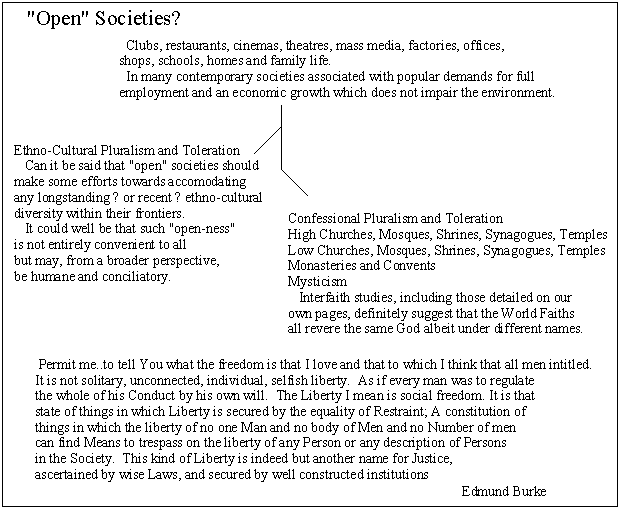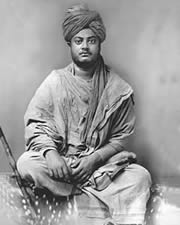Science will win over Religion
Professor Stephen Hawking quotations quotes
On June 7, 2010, just after this festival had closed, Stephen Hawking was interviewed by ABC News's Diane Sawyer.

Stephen Hawking's illness has resulted in the loss of voluntary actions throughout most of his body and seems to only have effective control over some of his facial muscles. Given this inconvenient reality he has to pre-compose what he wishes to say using technologies where his facial muscles movements can control the computer based composition of his thoughts.

ABC News submitted a series of questions, in advance, to Stephen Hawking and he subsequently composed replies which could be played back during the face to face interview in seeming direct response to questions being addressed, during the interview, by Diane Sawyer.
Stephen Hawking's responses were then not, "off the cuff," but were laboriously prepared in advance.
The interview questions sought Stephen Hawking's opinions on several topics including issues related to Science and Religion:-
"What could define God [is thinking of God] as the embodiment of the laws of nature. However, this is not what most people would think of that God," Hawking told Sawyer.
"They made a human-like being with whom one can have a personal relationship. When you look at the vast size of the universe and how insignificant an accidental human life is in it, that seems most impossible."
When Sawyer asked if there was a way to reconcile religion and science, Hawking said,
"There is a fundamental difference between religion, which is based on authority, [and] science, which is based on observation and reason. Science will win because it works."
In Stephen Hawking's Uber-Intellectual Universe there seems to be no room for doubt that " Science will win over Religion "!!!
Some Human Mysteries
"You will hear things like, "Science doesn't know everything." Well, of course science doesn't know everything. But,
because science doesn't know everything, it doesn't mean that science knows nothing. Science knows enough for us to
be watched by a few million people now on television, for these lights to be working, for quite extraordinary
miracles to have taken place in terms of the harnessing of the physical world and our dim approaches towards
understanding it. And as Wittgenstein quite rightly said, "When we understand every single secret of the universe,
there will still be left the eternal mystery of the human heart."
Stephen Fry quoting Wittgenstein during a Room 101 TV program
Stephen Fry quoting Wittgenstein during a Room 101 TV program
Human Being seems
to be rather "Tripartite"
It is widely known that Plato, pupil of and close friend to Socrates, accepted that Human
Beings have a " Tripartite Soul " where the individual Human Psyche is composed of three aspects -
Wisdom-Rationality, Spirited-Will and Appetite-Desire.
What is less widely appreciated is that such major World Faiths as Christianity, Islam, Hinduism, Buddhism and Sikhism see "Spirituality" as being relative to "Desire" and to "Wrath".

"bundles of relations and knots of roots"
tend to contribute towards giving rise to the "World" of Human Societies!!!

Although this may well depend on such things as:-
How "socio-politically doctrinaire" an individual society might be.
(Societies committed to Marxist ideology, for example, may not be particularly "Tripartite").
Key insights are available here at Age-of-the-Sage,
(from the Great Faiths, Plato, Socrates, Pythagoras, Shakespeare and Emerson!!!),
that give convincing support to such a depiction of Human Nature!!!
Believe it or not even SCIENCE seems to agree with such a view!!!
"Whatever concept one may hold, from a metaphysical point of view, concerning the freedom of the will, certainly its appearances,
which are human actions, like every other natural event, are determined by universal laws. However obscure their causes, history,
which is concerned with narrating these appearances, permits us to hope that if we attend to the play of freedom of the human will
in the large, we may be able to discern a regular movement in it, and that what seems complex and chaotic in the single individual
may be seen from the standpoint of the human race as a whole to be a steady and progressive though slow evolution of its original endowment."
Immanuel Kant
Idea for a Universal History from a Cosmopolitan Point of View (1784)
Immanuel Kant
Idea for a Universal History from a Cosmopolitan Point of View (1784)
Or to quote Emerson, from his famous Essay ~ History more fully:-
"In old Rome the public roads beginning at the Forum proceeded north, south, east, west, to the centre of every province of the empire, making each market-town of Persia, Spain, and Britain pervious to the soldiers of the capital: so out of the human heart go, as it were, highways to the heart of every object in nature, to reduce it under the dominion of man. A man is a bundle of relations, a knot of roots, whose flower and fruitage is the world. His faculties refer to natures out of him, and predict the world he is to inhabit, as the fins of the fish foreshow that water exists, or the wings of an eagle in the egg presuppose air. He cannot live without a world."
"In old Rome the public roads beginning at the Forum proceeded north, south, east, west, to the centre of every province of the empire, making each market-town of Persia, Spain, and Britain pervious to the soldiers of the capital: so out of the human heart go, as it were, highways to the heart of every object in nature, to reduce it under the dominion of man. A man is a bundle of relations, a knot of roots, whose flower and fruitage is the world. His faculties refer to natures out of him, and predict the world he is to inhabit, as the fins of the fish foreshow that water exists, or the wings of an eagle in the egg presuppose air. He cannot live without a world."

"There is one mind common to all individual men....
....Of the works of this mind history is the record. Man is explicable by nothing less than all his history. All the facts of history pre-exist as laws. Each law in turn is made by circumstances predominant. The creation of a thousand forests is in one acorn, and Egypt, Greece, Rome, Gaul, Britain, America, lie folded already in the first man. Epoch after epoch, camp, kingdom, empire, republic, democracy, are merely the application of this manifold spirit to the manifold world."
From Ralph Waldo Emerson's Essay ~ History
....Of the works of this mind history is the record. Man is explicable by nothing less than all his history. All the facts of history pre-exist as laws. Each law in turn is made by circumstances predominant. The creation of a thousand forests is in one acorn, and Egypt, Greece, Rome, Gaul, Britain, America, lie folded already in the first man. Epoch after epoch, camp, kingdom, empire, republic, democracy, are merely the application of this manifold spirit to the manifold world."
From Ralph Waldo Emerson's Essay ~ History

Mention has been made of such undoubtedly celebrated philosophers, within the Western tradition, as Plato and Kant.
This sort of a "Metaphysical & Tripartite" approach to Existence has, however, been long identified by Eastern philosophy:-

The eminent Indian holy man Vivekananda, (actually a name-in-religion suggestive of "the bliss of discerning wisdom"), lived between 1863-1902.
He personally made a massively favorable impression upon the World Congress of Religions held in Chicago in 1893 and is credited with being a key figure in the broader introduction of Indian philosophy to the Western world.
According to Vivekananda :-
Religion deals with the truths of the metaphysical world just as chemistry and the other natural sciences deal with the truths of the physical world. The book one
must read to learn chemistry is the book of nature. The book from which to learn religion is your own mind and heart. The sage is often ignorant of physical science,
because he reads the wrong book - the book within; and the scientist is too often ignorant of religion, because he too reads the wrong book - the book without.
More details on such Eastern philosophic approaches are available via this link:-
More details on such Eastern philosophic approaches are available via this link:-
